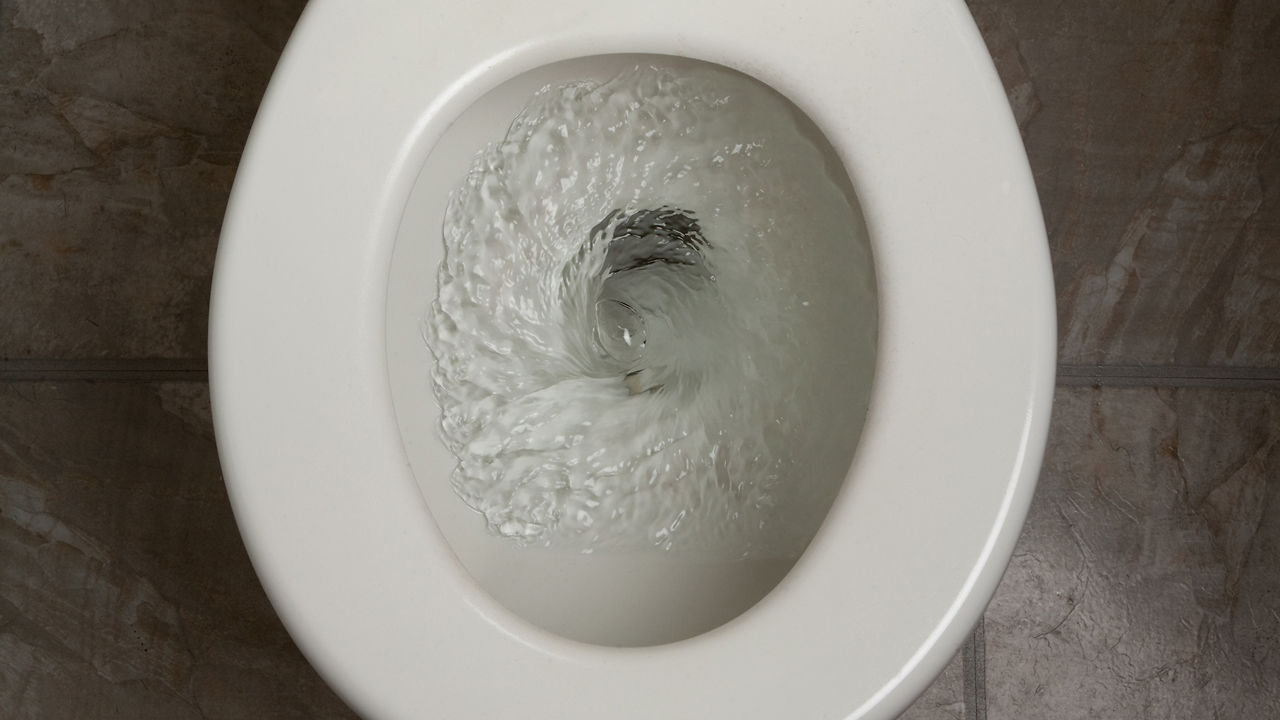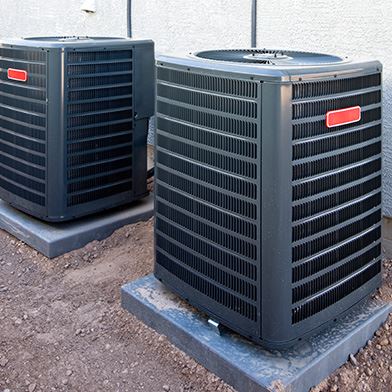Why Your Toilet Gurgles When You Shower
Hey there! If you’ve noticed your toilet bubbling whenever you take a shower, you’re not alone. It’s a common issue that can signal a few different plumbing problems. Here at Patton Plumbing Heating and AC in Mason, TN, we’re all about helping you keep your home running smoothly. Let’s dive into what might be causing this weird toilet behavior and how you can fix it.

Common Causes of Toilet Bubbling
1. Blocked Vent Pipe
So, what’s a vent pipe, and why should you care? Vent pipes let air into your plumbing system, keeping the pressure balanced and letting water flow smoothly. If these pipes get blocked by leaves, nests, or other debris, your toilet might bubble as the system struggles to balance itself.
2. Sewer Line Trouble
This one sounds scary, but it’s good to know about. If there’s a blockage deep in your sewer line, it can cause all sorts of problems, including toilet bubbling. You might notice other issues too, like water pooling around drains or multiple fixtures acting up.
3. Blocked Plumbing Line
A more common issue is a simple blockage in your plumbing line. When there’s a clog, air pressure builds up and escapes through the nearest exit—often your toilet. If this happens when you run the shower, the blockage is probably somewhere near your bathroom.
4. Clogged Drain Line
Hair, soap scum, and other gunk can build up in your drain lines, causing clogs that make your toilet bubble. It’s not just gross—it can lead to bigger plumbing issues if left unchecked.
5. Calcifying Elements and Sediment Buildup
Got hard water? Over time, minerals like calcium and magnesium can build up in your pipes and toilet tank. This sediment can cause clogs and make your toilet gurgle and bubble.
6. Faulty Cistern
Sometimes, the issue is as simple as a faulty flapper or cistern. If the flapper doesn’t seal properly, it can cause water and air issues that lead to bubbling.
Troubleshooting and Fixing the Issues
A. Clearing the Vent Pipe
If you suspect a blocked vent pipe, it’s best to call in the pros. Climbing up on your roof can be dangerous, and a professional plumber will have the right tools to clear the blockage safely.
B. Addressing Sewer Line Problems
Sewer line issues are no joke. If you think this might be the problem, don’t wait. Call a professional plumber to inspect and clear any blockages. They might use special cameras and hydro jetting equipment to get things flowing smoothly again.
C. Unclogging Plumbing Lines
Grab a plunger and give it a try—sometimes a good plunging can dislodge whatever’s causing the blockage. If that doesn’t work, a toilet snake might do the trick. Persistent clogs? Time to call in a pro.
D. Cleaning Drain Lines
For clogs in your shower drain, remove the strainer and use a plumbing snake to clear any blockages. An enzyme-based drain cleaner can help, too. Avoid harsh chemicals—they can damage your pipes. If the clog persists, it’s time to call an expert to ensure the job is done safely and effectively.
E. Dealing with Sediment Buildup
Clean out your toilet tank periodically to remove sediment buildup. Installing a water filtration system can also help reduce mineral deposits and keep your plumbing in better shape.
F. Fixing a Faulty Cistern
If you’re handy, you can try replacing the flapper or even the entire cistern yourself. Not comfortable with that? No worries—give us a call, and we’ll take care of it for you.
Preventive Maintenance Tips
- Regular check-ups can prevent most plumbing issues. Schedule routine inspections and cleanings with a professional to keep everything running smoothly.
- Be mindful of what you flush—stick to human waste and toilet paper only. Use drain guards in your sinks and showers to catch hair and debris, preventing clogs before they start.
Keeping Your Toilet in Tip-Top Shape
Dealing with a bubbling toilet can be a headache, but understanding the causes and knowing how to fix them can make things a lot easier. Remember, regular maintenance is key to avoiding these issues. If you’re ever in doubt or need help, don’t hesitate to reach out to us at Patton Plumbing Heating and AC.
Contact Patton Plumbing Heating and AC, Your Go-to Experts for Plumbing Repairs
Got plumbing problems? We’re here to help! Contact Patton Plumbing Heating and AC in Mason, TN, for all your plumbing needs.
For more tips and insights on maintaining your plumbing, check out these other blogs: The Importance of Regular Plumbing Maintenance and Unlocking the Power of Hydro Jetting.

